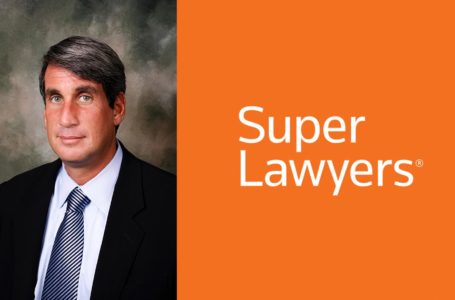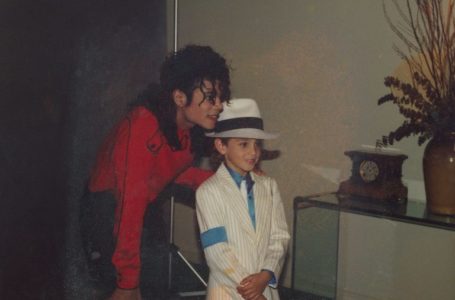UPDATED: Articles published on Thursday claimed that Sony Music had “admitted” in a court hearing earlier this week that three tracks on “Michael,” the 2010 Michael Jacksonalbum released posthumously by Sony’s Epic Records, contained lead vocals that were not actually by Michael Jackson — an assertion that the company denied in a statement released late Friday morning.
“No one has conceded that Michael Jackson did not sing on the songs,” said Zia Modabber of Katten Muchin Rosenman LLP, who is representing both Sony Music and the Jackson estate in this matter. “The hearing Tuesday was about whether the First Amendment protects Sony Music and the Estate and there has been no ruling on the issue of whose voice is on the recordings.” That interpretation was seconded to Variety by the plaintiff’s attorney on Friday afternoon.
The songs in question are “Breaking News,” “Monster” and “Keep Your Head Up,” which were released on “Michael,” the first album from a splashy ten-album 2010 deal between Jackson’s estate and Epic Records to complete and issue dozens of previously unreleased recordings by the singer. While the deal — which estimates at the time claimed could bring $250 million to the estate — called for the 10 albums to be released over the next seven years, just two have emerged, “Michael” and 2014’s “Xscape.”
Although involved parties have claimed that the recordings were faked since they were first released in 2010, the court hearing stems from a 2014 class-action lawsuit brought by a fan, Vera Serova, against Sony Music; John Branca, a co-executor of the estate; MJJ Productions; Edward Cascia and James Porte, the songwriter/producers of the songs in question; and their production companies. According to the lawsuit, in November 2010 Sony stated “We have complete confidence in the results of our extensive research as well as the accounts of those who were in the studio with Michael that the vocals on the new album are his own.” Howard Weitzman, an attorney for Jackson’s estate, released a statement citing multiple engineers, musicians, vocal directors, executives and musicologists as concluding that the vocals were Jackson’s.
Sony and the Jackson estate sought to throw the lawsuit based on California’s anti-SLAPP (Strategic Lawsuit Against Public Participation) statute, which protects speech on matters of public interest. The trial court judge denied the motion, prompting Sony and the estate to appeal. The argument was heard Tuesday by a three-judge panel of the 2nd District Court of Appeal. Whether or not the vocals are indeed Jackson’s was not the purpose of Tuesday’s hearing, but rather whether the album’s liner notes and a video promoting it qualified as “commercial speech,” which, if they were would mean they are not protected by the anti-SLAPP statute.
“When you review the motion on appeal, you assume that everything in the complaint is true. Any admission that was made was for purposes of that argument only.”
said Bryan Freedman, who represents other defendants in the case.
A ruling on the anti-SLAPP motion is due within the next 90 days.
Among other issues, the 2014 lawsuit raises the question of whether people who purchased the album or songs “are entitled to a refund, in whole or in part, of the purchase price of the album ‘Michael’ and/or the songs.”
According to sources close to the situation, individuals who attended Tuesday’s court hearing seized upon a statement by an attorney for Jackson’s estate in which he said something to the effect of “even if the vocals weren’t Jackson’s” as proof that they were indeed faked. The sources insist that the attorney was speaking speculatively.
The notes read in part, “This album contains 9 previously unreleased vocal tracks performed by Michael Jackson. These tracks were recently completed using music from the original vocal tracks and music created by the credited producers.”
The wording of that statement is striking in light of Modabber’s comment, which says Jackson sang “on” the songs, which could be interpreted to mean that his vocals were enhanced or even completed by another singer. Fans have long claimed that an American singer named Jason Malachi actually sang the three songs in question, and he purportedly admitted as much in a 2011 Facebook post, according to TMZ, although his manager later denied it, claiming the post was faked.
Modabber did not immediately respond to Variety‘s request for further comment.





